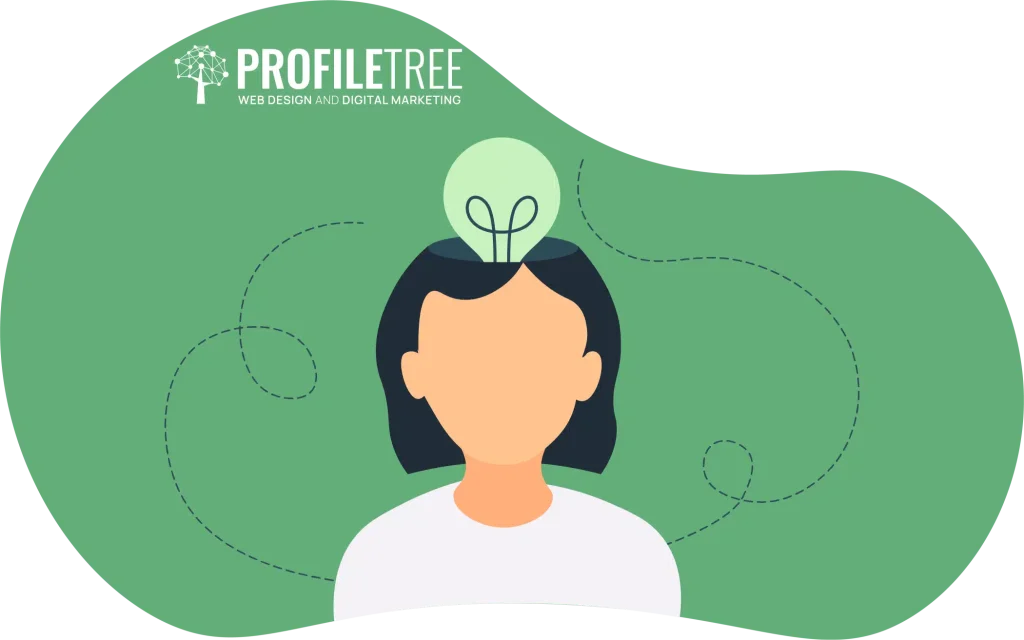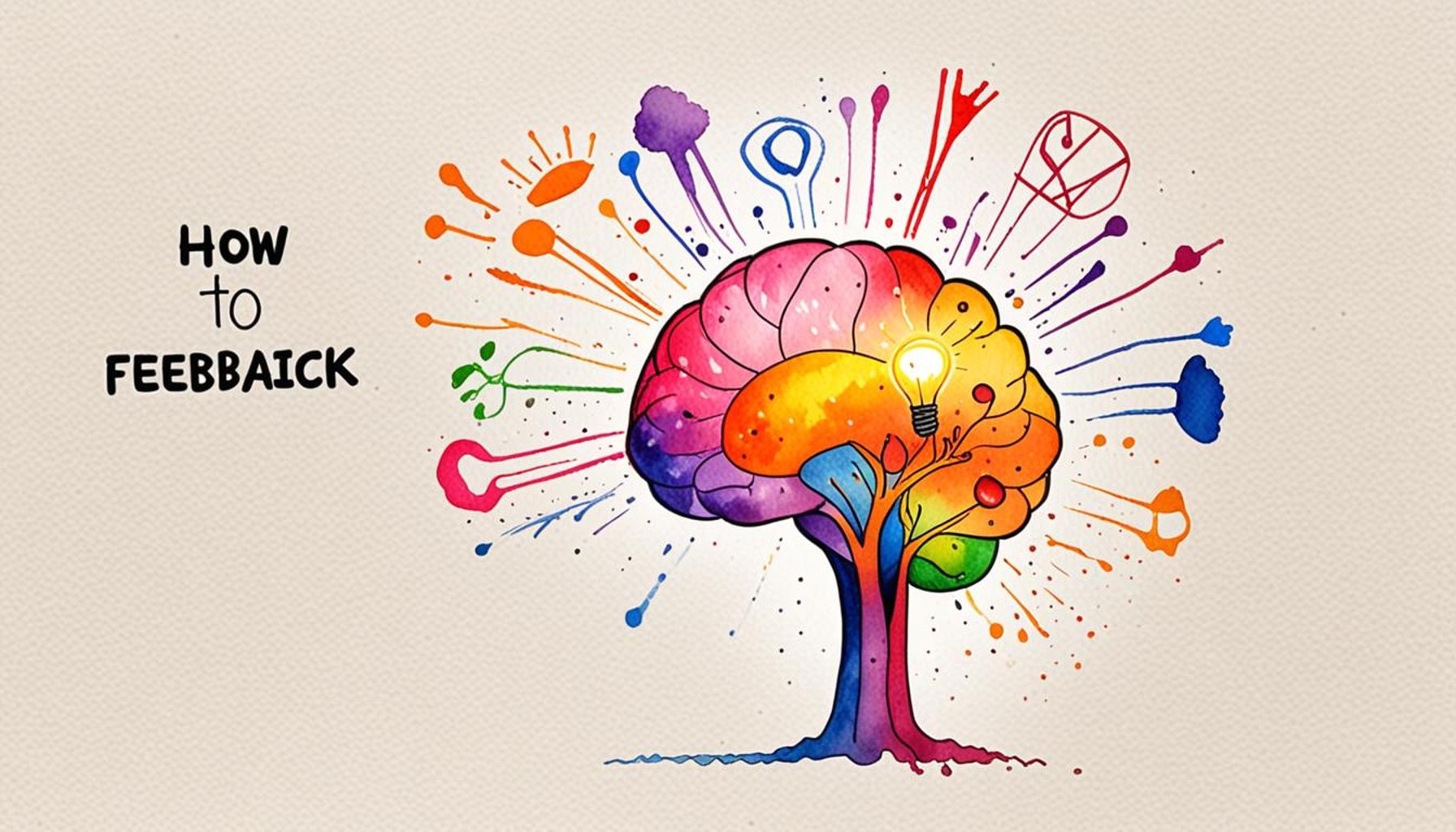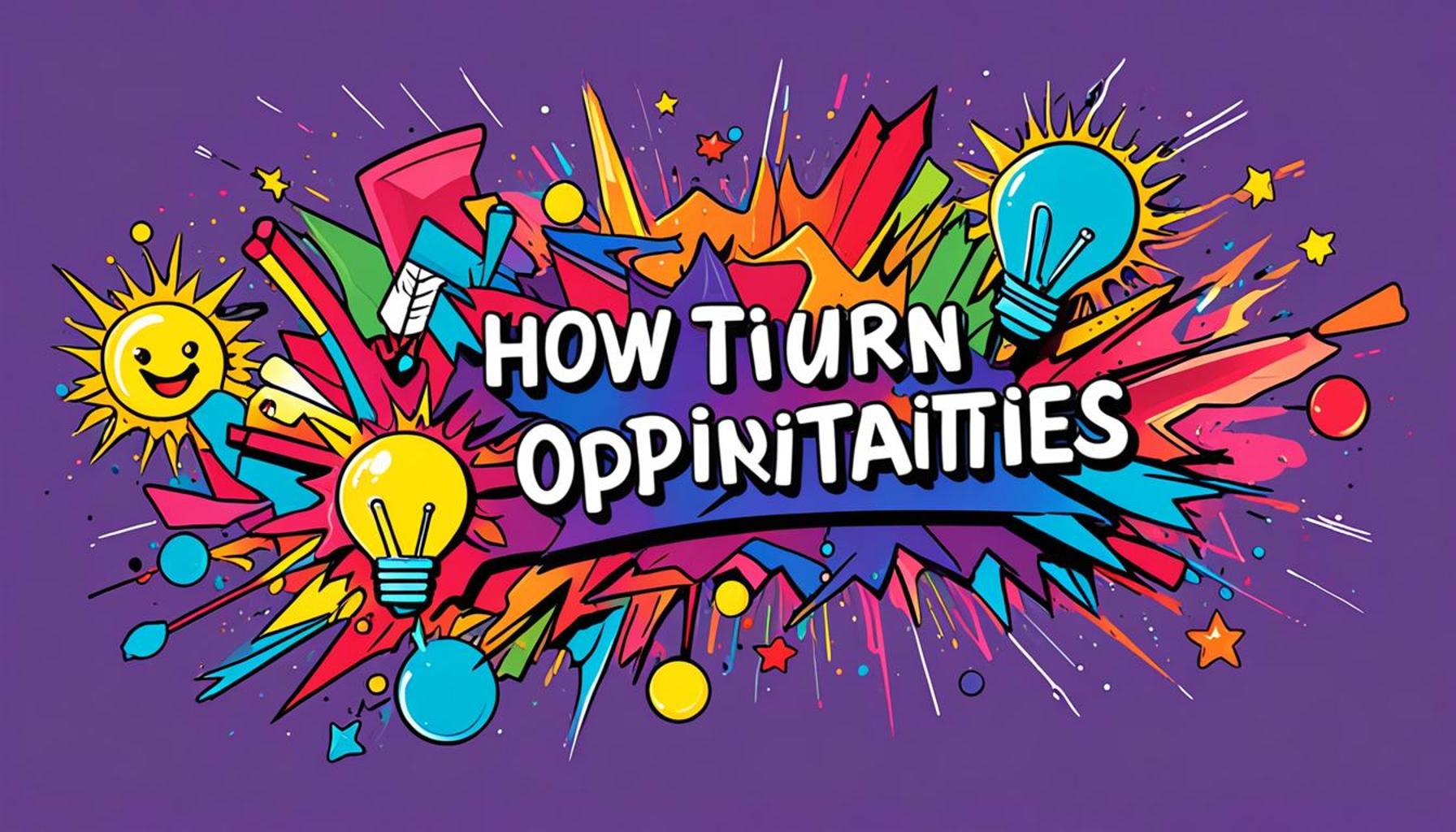The Importance of Constructive Feedback for Developing a Growth Mindset

The Importance of Constructive Feedback in Fostering Growth
In an interconnected and rapidly changing world, the ability to adapt and evolve is essential for success. Constructive feedback acts as a guiding light, illuminating pathways for improvement and self-discovery. It not only helps individuals pinpoint their weaknesses but also cultivates a culture of resilience and continuous learning, which is increasingly vital in competitive environments like Nigeria.
Understanding constructive feedback is foundational for anyone looking to develop a growth mindset. Let’s break down its key characteristics:
- Clarity: Constructive feedback should be precise. Instead of saying, “You did not do well,” a clearer statement might be, “Your report lacks data analysis, which is essential for drawing meaningful conclusions.” This clarity helps individuals understand exactly what needs to change.
- Actionable Steps: Feedback should always include practical suggestions for improvement. For instance, offering resources such as workshops or online courses in data analysis can guide someone toward enhancing their skills, allowing them to take measurable actions.
- Supportive Nature: A safe learning environment is crucial. Constructive feedback must promote openness, enabling individuals to view mistakes as learning opportunities rather than failures. In Nigeria’s dynamic workforce, teams that embrace such feedback often outperform those mired in criticism and blame.
Taking the tech scene in Lagos as a prime example, where countless startups are emerging, constructive feedback is a catalyst for innovation and personal development. Entrepreneurs who accept and actively seek feedback not only refine their business models but also learn to navigate challenges more effectively. Such resilience is a hallmark of successful leaders who can pivot their strategies in a competitive market.
Research supports the benefits of adopting a growth mindset through constructive feedback, pointing out that it leads to:
- Enhanced Problem-Solving Skills: Individuals become better equipped to tackle complex issues, making them valuable assets in any organization.
- Greater Motivation and Commitment: Employees who feel supported in their growth tend to be more engaged and invested in their work.
- Improved Performance: Continuous learning directly correlates with better outcomes in both academic and personal settings, allowing individuals to maximize their potential.
As we explore the significance of constructive feedback in cultivating a growth mindset, the insights offered will not only empower individuals but will also create environments where challenges are embraced and transformed into opportunities for success. Embracing such a perspective is crucial for anyone looking to thrive in today’s competitive landscape, especially within Nigeria’s ever-evolving sectors.

YOU MAY ALSO LIKE: Read read another article
Unlocking Potential Through Constructive Feedback
Constructive feedback is not just a corporate buzzword; it serves as a foundation for personal and professional growth. In Nigeria’s diverse and evolving marketplace, where innovation and adaptability are key, the role of constructive feedback is considerably amplified. This is particularly true in environments where collaboration and team dynamics are crucial to success. Understanding how to give and receive constructive feedback effectively can lead to profound transformations in one’s mindset and capabilities.
A growth mindset, popularized by psychologist Carol Dweck, revolves around the belief that abilities and intelligence can be developed through dedication and hard work. Constructive feedback is a powerful tool in fostering this mindset because it encourages individuals to analyze their actions critically and embrace challenges. Building on this, let’s delve deeper into the transformative effects of constructive feedback:
- Encouragement of Self-Reflection: Constructive feedback invites self-assessment, prompting individuals to evaluate their performance and identify areas for improvement. This practice is particularly relevant for students and young professionals in Nigeria, who often face the pressure of high expectations in academia and the job market.
- Reduction of Fear and Anxiety: When feedback is constructive rather than punitive, it alleviates the fear of failure. This is crucial in a vibrant ecosystem like Nigeria’s tech industry, where emerging entrepreneurs and employees thrive on innovative ideas. A fearless approach to critique can foster creativity and risk-taking, which are necessary for innovation.
- Cultivation of a Learning Culture: Teams and organizations that encourage constructive feedback foster a culture of continuous improvement. In Nigeria’s corporate landscape, where employees frequently switch jobs, organizations with a strong feedback culture can retain talent by creating an environment of growth and acceptance.
- Alignment with Goals: Constructive feedback helps individuals stay aligned with their goals, allowing for course corrections if necessary. This is particularly important in competitive fields like finance or technology, where staying ahead often requires ongoing skill enhancement.
In the realm of personal development, constructive feedback is indispensable. For instance, from academic circles to the bustling streets of Lagos, where skills like data analytics and coding are increasingly in demand, individuals who actively seek and respond to feedback can significantly outpace their peers. Real-life stories abound of Nigerian entrepreneurs who attribute their success to a willingness to learn from mentors, peers, and customers alike.
Furthermore, studies have shown that organizations embracing a culture of constructive feedback experience higher employee satisfaction and productivity. In a country like Nigeria, where unemployment rates have been a concern, equipping individuals with the skills to embrace feedback can enhance employability and career development prospects. This not only benefits the individuals but also contributes to a more robust economy where innovation thrives.
As we continue to explore the significance of constructive feedback, it is imperative to recognize its profound impact on fostering a growth mindset—a mindset that not only embraces challenges but also propels individuals towards greater achievements in life and career.
| Advantages | Key Benefits |
|---|---|
| Enhanced Learning | Constructive feedback provides individuals with necessary insights that promote improvement and understanding in various areas. |
| Increased Resilience | Feedback encourages a positive attitude towards challenges, allowing individuals to bounce back from setbacks and continue striving for success. |
Feedback is a fundamental aspect of personal and professional growth, particularly in fostering a robust growth mindset. When individuals receive constructive feedback, it acts as a mirror, allowing them to see themselves more clearly and identify areas for growth. This process not only enhances learning but also opens pathways to skill advancement. Studies indicate that individuals who are open to feedback tend to perform better and demonstrate a greater capacity for adaptation.Moreover, embracing constructive criticism nurtures resilience. When faced with challenges, individuals equipped with a growth mindset perceive obstacles as opportunities rather than threats. This shift in perspective can be transformative, promoting a culture of continuous improvement and fostering an environment where innovation thrives.The ripple effect of constructive feedback extends beyond the individual. In team settings, open communication and thoughtful critique build trust and collaboration among colleagues. By fostering an atmosphere where feedback is encouraged and valued, organizations can unlock higher levels of creativity and engagement.Exploring the nuances of constructive feedback reveals its undeniable significance in developing a growth mindset, encouraging individuals to consistently pursue excellence and learn from each experience.
CHECK OUT: Click here to explore more
Embracing Challenges and Learning Through Feedback
As the landscape of work and education transforms, the ability to embrace challenges becomes essential. In Nigeria, where the drive for innovation is witnessed in every corner—be it in fintech startups in Silicon Lagoon or educational hubs emerging in Ogun State—constructive feedback fosters a resilient mindset crucial for navigating the complexities of modern life.
Enhancement of Communication Skills: One of the overlooked benefits of constructive feedback is its ability to enhance communication skills. When individuals learn to articulate their thoughts and feelings regarding the feedback received, they transform into better communicators. This is particularly important in Nigeria, where effective communication can break down barriers and build networks. Consider a scenario where a young professional in Lagos receives feedback regarding their presentation style. By accepting and applying this feedback, they not only improve their future presentations but also enhance their overall ability to convey ideas clearly, thus broadening their opportunities in fast-paced industries.
Networking Opportunities: Engaging in a culture of constructive feedback can significantly expand one’s professional network. In Nigeria’s competitive job market, networking is not just beneficial; it is a necessity. When individuals actively seek feedback, they often have to approach mentors, colleagues, or industry experts, which naturally expands their professional circles. These networking opportunities can lead to collaborations or insights that further personal growth and career advancement.
- Building Emotional Intelligence: The act of giving and receiving feedback requires a level of emotional intelligence. In Nigeria, where cultural nuances play a critical role in interactions, being able to handle feedback—both positively and constructively—can help individuals navigate workplace relationships more effectively. Emotional intelligence fosters empathy, which can significantly enhance team dynamics and lead to healthier work relationships.
- Resilience in the Face of Setbacks: Challenges and setbacks are unavoidable in both personal and professional journeys. Constructive feedback helps individuals develop resilience by addressing failures as learning experiences. Nigerian businesses often encounter economic fluctuations and unexpected challenges, and professionals who view feedback as a stepping stone to improvement are much likelier to rise above these challenges and embrace development.
- Improvement of Problem-Solving Skills: Through the lens of constructive feedback, individuals learn to approach problems with a solution-oriented mindset. This is particularly relevant in industries like engineering and technology, where workers frequently face complex challenges. In Nigeria, where there is a push for local solutions to local problems, such as renewable energy innovations, being able to adapt and improve based on feedback can lead to groundbreaking developments.
The implications of constructive feedback extend beyond individual growth; they ripple through entire teams and organizations. Companies that embed feedback into their cultures see substantial improvements in team collaboration and innovation. For instance, large firms in Nigeria that have adopted feedback-driven cultures report lower employee turnover and higher engagement, which are key components of a successful workplace. Furthermore, studies suggest that organizations that prioritize constructive feedback experience enhanced overall performance, which is crucial in a country where nurturing the next generation of leaders is vital for economic growth.
As we continue to explore the multifaceted benefits of constructive feedback, it becomes increasingly clear that fostering a growth mindset not only accelerates individual development but also builds a more adaptive and innovative professional landscape in Nigeria.
YOU MAY ALSO LIKE: Read read another article
Final Thoughts on Cultivating a Growth Mindset Through Constructive Feedback
In a rapidly evolving Nigeria, the importance of constructive feedback as a catalyst for developing a growth mindset cannot be overstated. By embracing feedback, individuals are empowered to enhance their communication skills, expand their professional networks, and cultivate essential emotional intelligence that fosters deeper workplace relationships. Such skills are invaluable in a competitive market landscape where collaboration and innovation are paramount.
Moreover, the resilience cultivated through constructive feedback transforms challenges into opportunities, enabling professionals to navigate setbacks with confidence and creativity. As seen in various Nigerian industries, a commitment to feedback not only improves individual performance but also drives collective advancement within teams and organizations. Businesses that nurture a feedback-driven culture often report notable improvements in employee engagement and retention, translating into a vibrant, productive work environment.
As we move forward, it is crucial for educators, employers, and individuals to champion constructive feedback as an integral part of personal and collective development. The journey of cultivating a growth mindset is ongoing, and by prioritizing feedback, we lay the groundwork for a more adaptable and innovative future in Nigeria. It is this commitment to growth that will ultimately foster the next generation of leaders, ready to tackle the challenges of an ever-changing world. Embracing constructive feedback is not merely a reactive measure; it is a proactive step towards a richer, more fulfilling professional journey that promises boundless opportunities for learning and growth.


